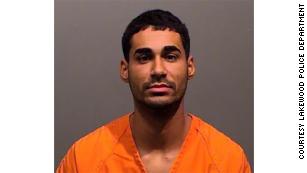BY MICHAEL CARUSO
As David’s loyal readers know, Judge Seitz (and Judge Ungaro and now with Judge Reid) has presided over the district’s CARE Court for the last several years. The “Court Assisted RE-entry” program recognizes that the transition from prison to the community is challenging. The program’s mission is to ensure returning citizens’ successful reentry into the community, reduce recidivism, and enhance public safety. CARE works to achieve these goals by educating the community on the complex issue of returning citizen reentry and by forming collaborative partnerships with service providers. The program seeks to address the many complex barriers returning citizens face when reentering society in such areas as employment, housing, education, medical and mental health, substance abuse, family reunification, and social networks.
Work and employment are crucial to success. Returning citizens need work for the same reasons as everyone else: to support themselves and their loved ones, pursue life goals, and strengthen their communities. To this end, many try to start their own businesses.
Over the holidays, I came across this cookie company started by a person who honed his baking skills in prison. My order—Nutella Chocolate Chip—was fantastic. Many other companies were founded or employ returning citizens. In the new year, consider patronizing these businesses and lend a helping hand.
Also, in the new year, you could do worse than following this advice from the late Joan Didion:
“I’m not telling you to make the world better, because I don’t think that progress is necessarily part of the package. I’m just telling you to live in it. Not just to endure it, not just to suffer it, not just to pass through it, but to live in it. To look at it. To try to get the picture. To live recklessly. To take chances. To make your own work and take pride in it. To seize the moment. And if you ask me why you should bother to do that, I could tell you that the grave’s a fine and private place, but none I think do there embrace. Nor do they sing there, or write, or argue, or see the tidal bore on the Amazon, or touch their children. And that’s what there is to do and get it while you can and good luck at it.”




